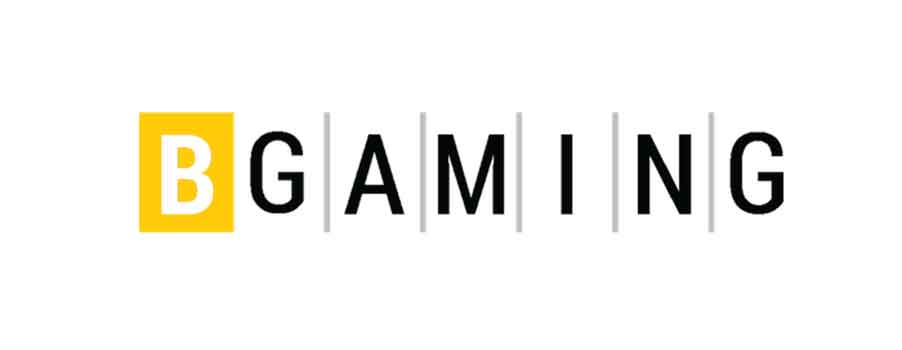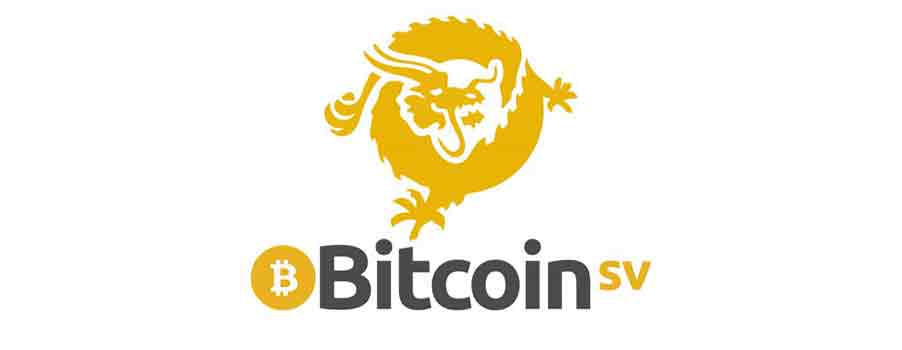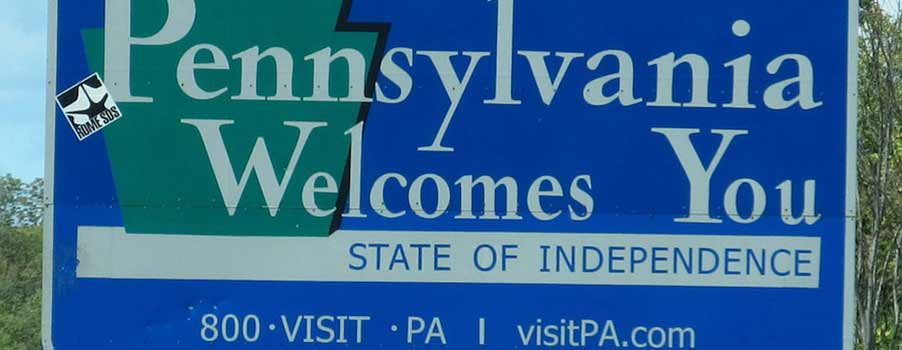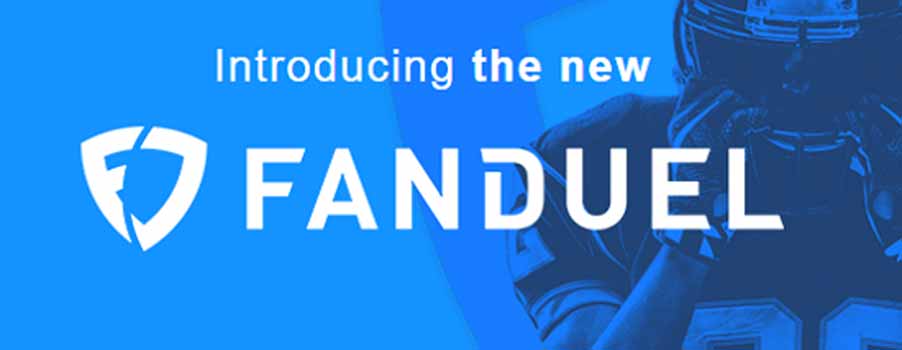Last Tuesday, BGaming, a notable figure in the world of crypto gambling released a publication detailing some of the key gambling trends of the third quarter of 2021. According to this report, online gambling recorded some of the most interesting developments.
In addition to the impressive demand for iGaming solutions, innovative additions to the sector have also been growing rapidly. For instance, gambling with crypto is now a very big deal. While crypto gambling is not an entirely new concept, it is still in the early stages in terms of mainstream adoption. The gambling sector is leading the pack in that regard with more interest in crypto-gaming solutions than ever. This sector’s popularity was where BGaming found the most growth.
Big Boost from Mobile Gambling
iGaming is generally on the rise in the United States as well as in other parts of the globe. One of the biggest contributors to that has been the increased accessibility of mobile devices. These devices are arguably the most vibrant markets for modern online gambling operations. Every operator has worked towards delivering amazing mobile casino offerings and crypto-friendly casinos have not been left behind.
Moreover, there is more ease of access to such things as crypto wallets and trading services are available for mobile users. That has made using crypto for real-money online casino games so much more accessible and convenient. It could even be said to be enjoyable in its current state.
Driven By a Growing Market
One other aspect that has been very important for the growth of crypto gambling has been the deep interest shown by the young adult population. This particular audience has grown by over 5 percent this year adding to what was already a very impressive number. Since they are more tech-savvy and open to innovative technologies, their interest in crypto gambling is not surprising.
“In the current climate, young adults are spending more and more time at home looking for new forms of entertainment. Following that trend, iGaming providers track the most popular demands of this new generation, creating and adapting new games and products to meet the needs of this growing market,” reads a statement from BGaming.
BGaming’s report is certainly something that other players would be interested in looking at. The company has already built a solid reputation for being the first operator to offer crypto-powered iGaming experiences. As it looks to expand the business and its network further, the company will leverage the finding on its report.










